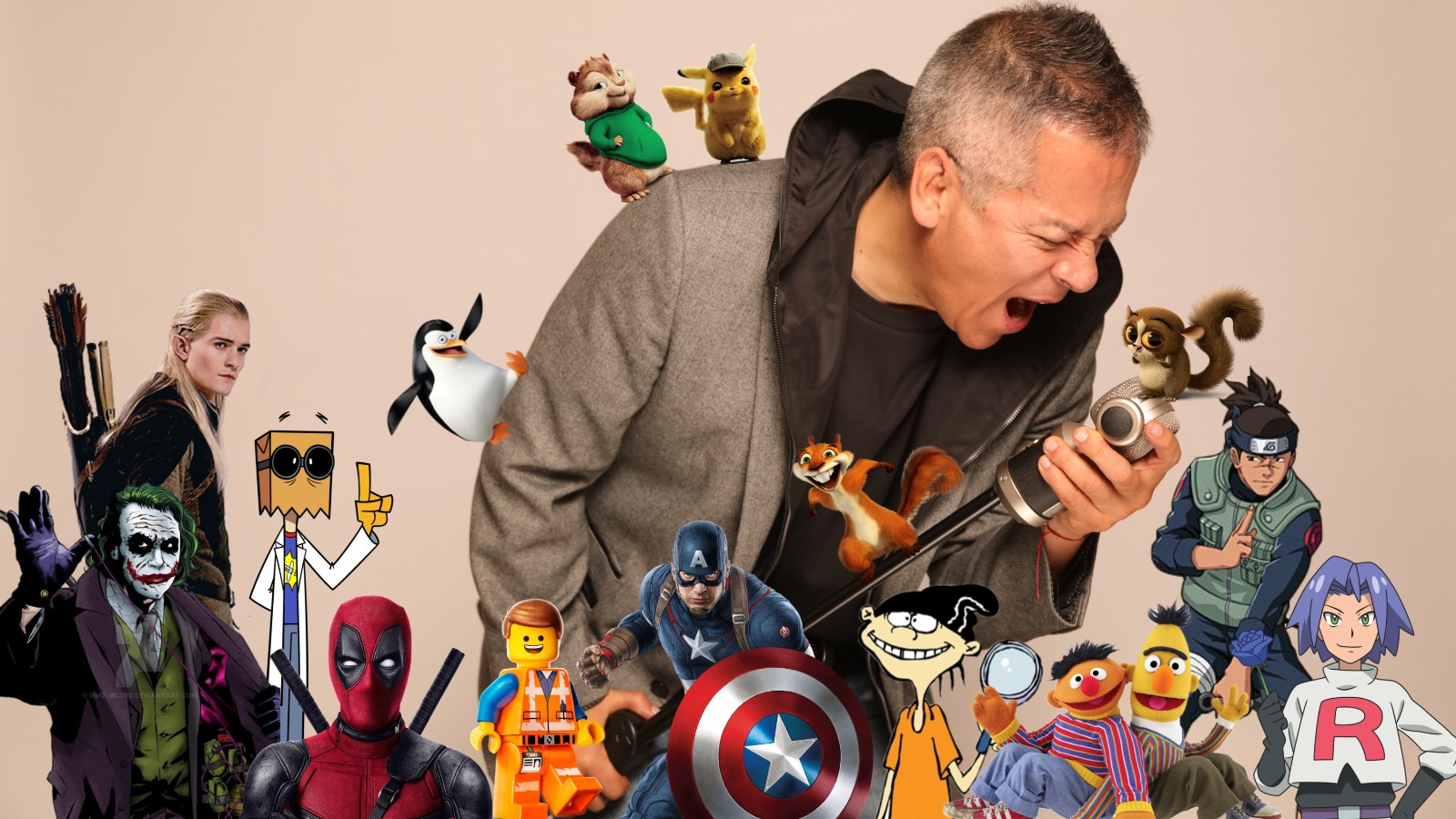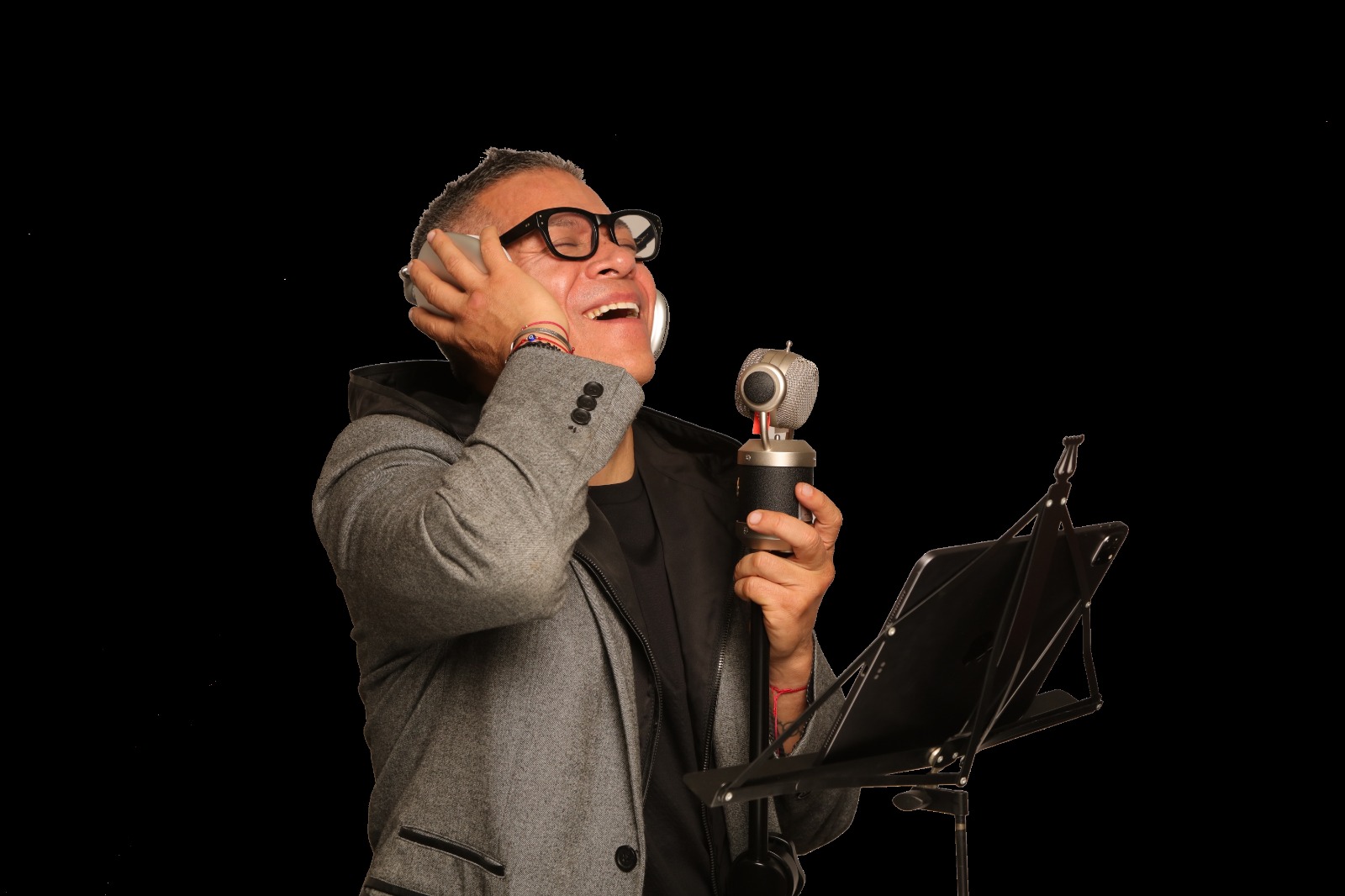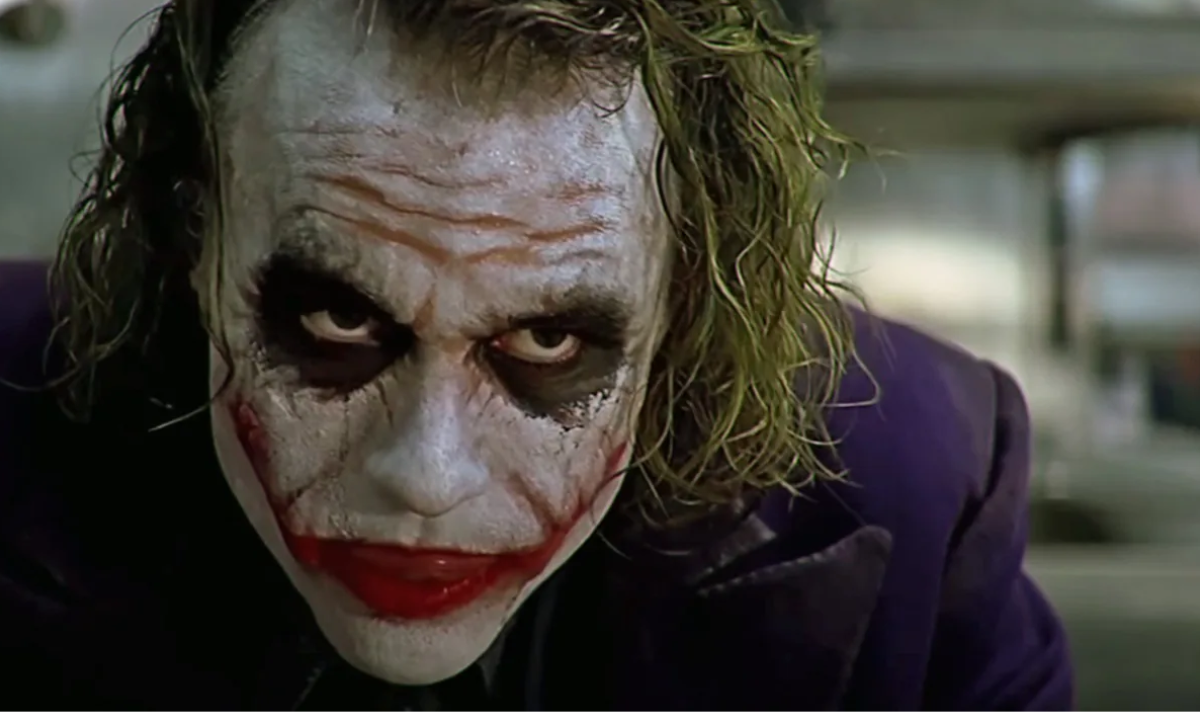'I auditioned to be Leo DiCaprio's voice in Titanic and James Cameron chose me': Pepe Toño Macías, voice actor

Listening to Pepe Toño Macías's voice is like traveling back in time: to those days when you'd come home from school, turn on the television, and see Skipper, Private, Kowalski, and Rico from The Penguins of Madagascar appear on the screen . It's also like going back to a Sunday with the family, all snuggled up in bed, watching Titanic for the tenth time.
Almost imperceptibly, Macías—a voice actor with hundreds of films translated into Spanish—has accompanied generations of television and film buffs. With his voice, he has brought to life characters such as Captain America, Deadpool, Christian Grey (Fifty Shades of Grey), Sebastian (La La Land), Neil Armstrong (First Man on the Moon), the Joker (Batman: The Dark Knight), Jack Dawson (Titanic), and many more.
From the age of 5, approximately, he participated in some works at his father's studio (who worked at the XEW radio station as an engineer) and a partner of the latter, where he was called to be the voice of additional children in advertising and radio soap operas.
Pepe Toño Macías initially studied law, but ultimately didn't like it. He later began taking dubbing courses. He also trained in courses at the Faculty of Philosophy and Literature of the National Autonomous University of Mexico.
In an interview with EL TIEMPO, he talked about his journey in dubbing and shared some of his most interesting work experiences.

Pepe Toño Macías Photo: Pepe Toño Macías
Note that this started when I was very young. I always loved cartoons and was intrigued to know where those Spanish-speaking voices came from. My father had a studio—which no longer exists—and I used to record things with him from a very young age, things like corporate videos and radio soap operas . That world of voices always seemed magical to me.
I'm an actor, but not a stage actor. I've tried, of course, but it's not my thing, nor is theater. When I finished high school, I wanted to study acting, but my dad, who was quite strict, insisted I study law. I did it to please him, but I never liked it. As soon as I finished my degree, I began to follow my true path.
Even before graduating, I was already taking acting and voice-over courses, because I'd been passionate about voice work ever since. I started knocking on doors at dubbing studios, got into a voice agency, met key people, and took workshops. One of them, who became my mentor, introduced me fully to the world of dubbing. From there, a snowball began that, thankfully, hasn't stopped to this day.
Do you remember which was the first character that really left its mark on you? At first, every role was a challenge. I was learning, trying to match up to more experienced actors. I had to join a new studio, where they were forming a sort of union and looking for new voices. Unlike the traditional process, I didn't start with minor roles or environments; they threw me straight into important roles.
One of the first big roles I voiced was the lead character in Dawson's Creek . I was blown away because it was such a popular show, and I was like, "Wow! They cast me in this." Shortly after, I auditioned for Leo DiCaprio's voice in Titanic, and James Cameron ultimately chose me. The casting process took months. It was incredible.

Pepe Toño Macías Photo: Pepe Toño Macías
We don't have time to study a complete script or sit down to calmly build a character. Often, you arrive at the studio and the director quickly explains who the character is, their tone, age, and voice type.
Nowadays, there are "creative letters," especially in high-profile productions, where they give you details about the character and what the voice is intended to convey. But everything else is built on the spot. There are no rehearsals. It's a skill you develop over the years.
I pay close attention to the character's face: their gestures, expressions, movements. I memorize the script so I don't lose sight of their faces, because that guides me a lot. That's where I find the emotional tone.
Mexico has been a powerhouse in dubbing. How do you view the participation of other Latin American countries in this industry? Everyone is welcome. Of course, I'd prefer professional actors to participate, but these days, YouTubers, influencers, and celebrities are also participating. It's part of the change. As long as there's respect and fair competition, it's enriching.
What was it like bringing the Joker to life? This character really affected Heath Ledger... 
After playing the Joker, he suffered an accidental overdose. Photo: YouTube, Batman trailer
It's the most complex character I've ever played, not just because of the voice, but because of what it represents: a generator of chaos. You can't draw that from personal experiences like you would other feelings like sadness or joy . You have to build that darkness from somewhere else.
I remember that after the first day of filming The Joker, I came home and couldn't sleep. I felt restless, as if the character had become stuck to me. The second night I had to meditate to be able to detach myself from him.
Something similar happened to me once after a very intense day of filming: I dreamed about several characters I'd played that day. My ex-wife woke me up because I was crying, laughing, and talking in my sleep. It was a mixture of emotions that stayed in my subconscious. It doesn't happen anymore, but it was still shocking.
Another character I really enjoyed was Jammy, the squirrel in Over the Hedge. He's played by Steve Carell, who has spectacular vocal work. I directed myself in that film, so I had to analyze every detail of his voice: whether he used his larynx, whether he had to go to his head, his chest ... It was very technical, but a lot of fun.
As voice actors, we don't get to see the film beforehand. Only the director has access to it and can guide us. So much of what we do is immediate, almost intuitive construction.
María Jimena Delgado Díaz
eltiempo



%3Aformat(jpg)%3Aquality(99)%3Awatermark(f.elconfidencial.com%2Ffile%2Fbae%2Feea%2Ffde%2Fbaeeeafde1b3229287b0c008f7602058.png%2C0%2C275%2C1)%2Ff.elconfidencial.com%2Foriginal%2F2a8%2F66c%2Fc4c%2F2a866cc4c8adcf2ce39c2f655dcab9f5.jpg&w=3840&q=100)

